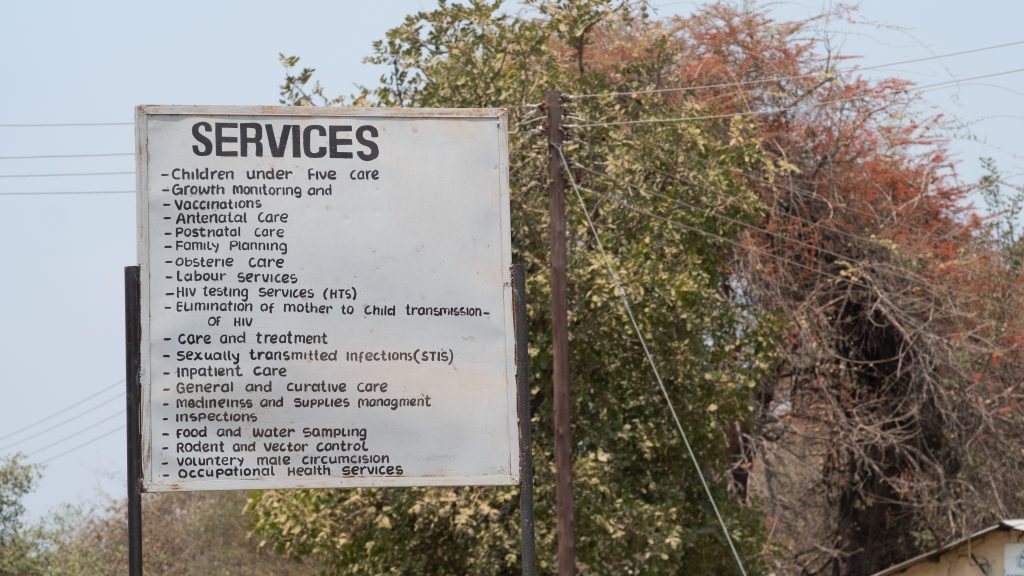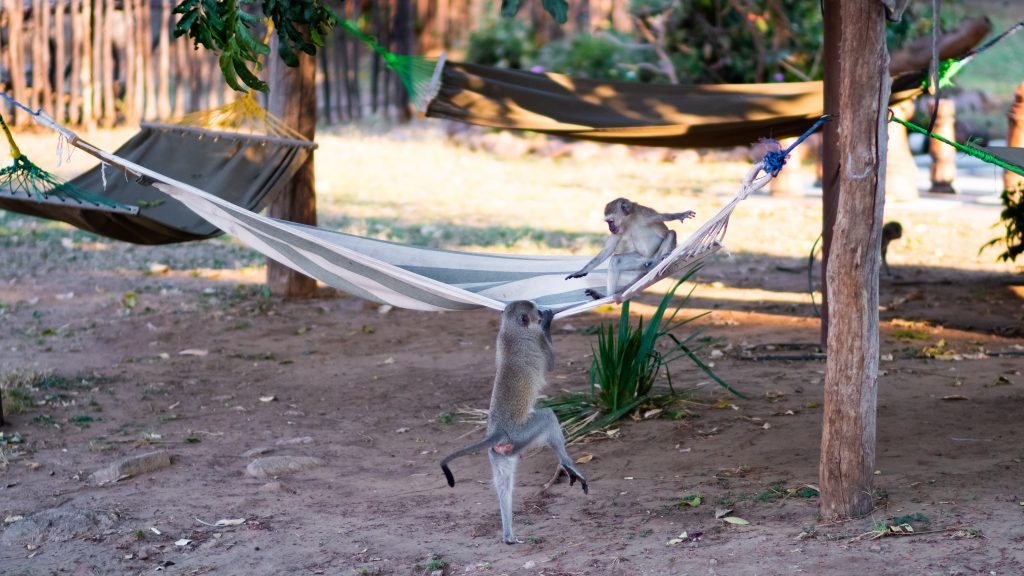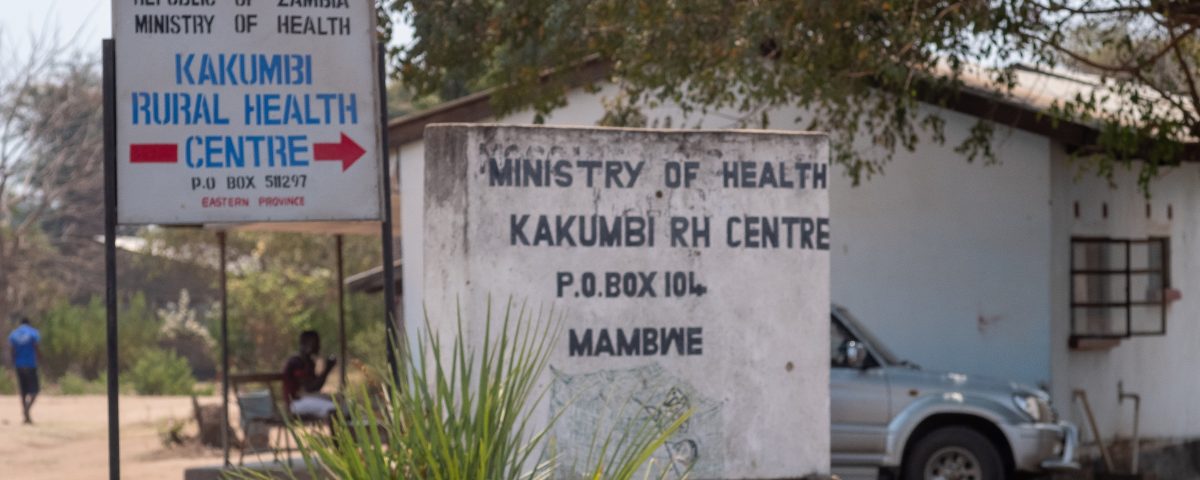Health at Croc Valley

Return to South Luangwa
September 3, 2019
August at Croc Valley
August 10, 2022Croc Valley Camp’s best feature is its wild surroundings, but this means it is a long way from the nearest hospital. With a bit of knowledge and good planning you can ensure you will be healthy and safe during your visit to South Luangwa National Park.
The first thing to do is make sure you have good travel insurance that covers medical expenses and medical evacuation. We have cellphone reception and internet access to contact your insurance company if needed.
If you take medication, make sure you bring enough for your whole stay. You should bring some basic first aid supplies, though we also have some available in camp.
There is a medical centre in the area staffed by a foreign doctor who can see to your basic medical needs. There is also a small airport at Mfuwe where you can fly out in an emergency.

Services available at Mfuwe’s health clinic.
The city of Chipata is approximately two hours’ drive away, where you can find health clinics and well-stocked pharmacies. The nearest large hospital is in Lusaka, but to treat very serious illnesses you may need to fly to another country.
We are in a malaria zone, so you should speak to a doctor about malaria prevention before you come. Best practice changes over time, but your doctor will probably prescribe you a prophylaxis (malaria prevention medicine) to take before you arrive, during your time in a malaria zone, and for a few weeks after you leave. It is important to follow your doctor’s instructions carefully or the medication may not work.
The best way to prevent malaria is to avoid getting bitten by malaria-carrying mosquitos. Cover up with long-sleeved clothing in the evenings, and wear mosquito repellent.
If you get symptoms of malaria during your visit, the local health clinic can test you for the disease and prescribe a treatment plan.
You should also talk to your doctor about necessary vaccinations. Depending on where you are from and what vaccinations you already have, the recommended vaccinations will be different.
The tap water at Croc Valley Camp is safe to drink, but the safest option is always to boil water before drinking or drink bottled water.
There are tsetse flies in the area, but not usually in the camp itself. Tsetse flies are a biting fly. Their bites can be painful and they can transmit diseases such as sleeping sickness. There are very few cases of sleeping sickness in Zambia, and the chance of becoming infected from a bite is very small. Like in many African national parks, you may encounter tsetse flies on game drives. The best way to avoid their bites is to cover up with long-sleeved clothes and wear neutral colours (the flies are attracted to bright colours, blacks and blues).
We have a lot of wild animals here – it is one of the best things about our location! These range from relatively harmless antelope to cheeky monkeys to more dangerous animals such as elephants, hippos and lions. All animals can be dangerous if you annoy them, but if you let them do their thing in peace, they will leave you alone as well.

Wild vervot monkeys making the most of camp facilities.

